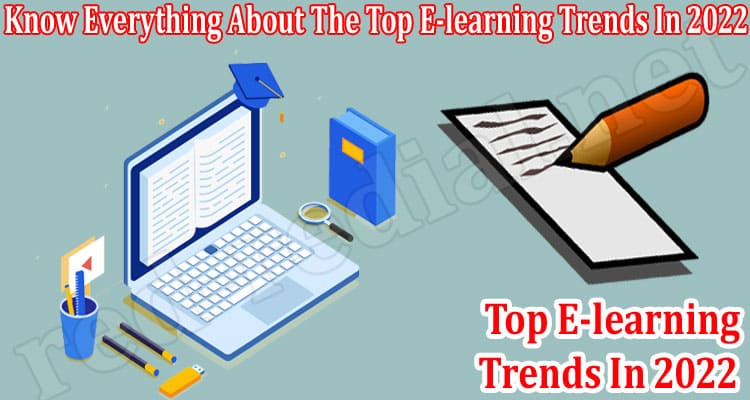Benefits of CRM Solutions for Higher Education Institutions
In every business, maintaining organized customer relationships is paramount. A centralized hub, such as a CRM for higher education, is crucial for efficiently managing interaction histories, plans, and documents. This approach not only brings positive results but also builds customer loyalty. Similarly, within the realm of education, the need for structured processes is evident. From recording and tracking student progress to tailoring individual development plans, a CRM for higher education streamlines operations and ensures a seamless educational experience.
At Geniusee, we understand the transformative power of CRM technology and its potential to revolutionize the way educational institutions engage with students, faculty, and staff. With our expertise in CRM implementation and a track record of successful projects across various industries, we are well-positioned to tailor CRM solutions to your specific business needs.
Significanсe of CRM in Higher Education
Do you remember how businesses used to manage customer information in the past? They relied on telephone books, Excel spreadsheets, diaries, and card files, which was quite cumbersome. These methods carried the risk of data loss, and efficient organization and retrieval of information was difficult. Recovering a complete history of customer relationships often depended on memory or a scrupulous collection of disparate records.
A similar approach was prevalent in the field of education. Methodologists manually created timetables, student information was recorded in journals, and the educational process necessitated physical classroom attendance. Fortunately, those days are now behind us.
For smooth and efficient operations, it’s essential to have a centralized database containing information about each student and teacher. This database should facilitate quick searches and straightforward data updates. Additionally, work tasks and timetables should be easily accessible and modifiable at any given time. These essential functions and more are seamlessly integrated into modern CRM systems tailored for the education industry.
CRM systems for higher education institutions are essentially customer relationship management tools. They also offer additional features for optimizing various business processes, catering to the specific needs of each institution.
Advantages of implementing CRM systems in educational institutions
Cost Reduction
CRM systems bring efficiency to administrative processes, automating many routine tasks. This automation minimizes the need for manual labor, thereby cutting down on operational expenses. It also minimizes the risk of human errors in data entry and management, which can cause costly mistakes.
Enhanced Service/Product Quality
CRM systems prioritize customer relationships. By centralizing data on student interactions and feedback, educational institutions can gain valuable insights into student needs and preferences. This information empowers institutions to improve the quality of their services or educational products, leading to higher student satisfaction and retention rates.
Improved Organizational Management
CRM tools can provide valuable insights into the performance of faculty and staff. By tracking the effectiveness of each teacher and student, institutions can identify areas for improvement and allocate resources more effectively. This data-driven approach enhances overall management and decision-making.
Increased Customer Loyalty
CRM systems store comprehensive information about students, making it easier for faculty and staff to provide personalized support. This level of personalization enhances the student experience, fosters trust, and increases customer loyalty. When students feel that their needs are understood and met, they are more likely to stay enrolled and recommend the institution to others.
Enhanced Lead Generation
Satisfied and loyal students often become advocates for the institution. They are more likely to refer friends, family members, or colleagues, serving as effective brand ambassadors. Word-of-mouth referrals are a cost-effective way to attract new students, and CRM systems can help identify and nurture these potential leads.
Comprehensive Student Interaction History
CRM systems maintain a detailed chronological record of interactions with each student. This information includes enrollment history, academic progress, communication history, and any support or assistance provided. This comprehensive view enables faculty and staff to tailor their interactions and support services effectively.
Relevant and Visual MIS Analytics Reports
CRM systems offer robust reporting and analytics capabilities. Institutions can generate reports on various aspects of student engagement, academic performance, and administrative processes. These reports provide valuable insights for strategic decision-making, allowing institutions to identify trends, areas for improvement, and opportunities for growth.
Seamless Integration with Third-Party Services
CRM systems can integrate with various external platforms and services, such as telephony systems, social networks, SMS notifications, email services, and payment gateways. This integration streamlines communication and enhances the efficiency of interactions with students and faculty.
Planning and Multitasking
CRM systems can automate reminders and notifications, ensuring that important tasks, such as congratulating graduates or scheduling end-of-course tests, are not overlooked. This automation saves time, reduces administrative burdens, and enhances the productivity of the entire educational team.
Easy Implementation: Modern CRM systems are designed for ease of implementation. They often come with user-friendly interfaces and straightforward installation processes. This minimizes the time and resources required for deployment, allowing institutions to start reaping the benefits of CRM quickly.
Increased Repeat Course Sales
RM systems enable institutions to identify opportunities for additional course enrollments or upgrades. By analyzing student data and behavior, institutions can target students with relevant offerings, increasing revenue from existing students.
Error Reduction in Processes
Automation within CRM systems minimizes the chances of human errors, such as missed client calls or incorrect discount calculations. This error reduction not only improves the accuracy of data and transactions but also enhances the institution’s reputation for professionalism and reliability.
CRM systems provide educational institutions with a range of benefits that collectively contribute to the success and growth of educational institutions in today’s competitive landscape. With Geniusee extensive expertise, you can harness the full potential of CRM technology to create more efficient, personalized, and engaging educational experiences. Let’s foster innovation and improvements together!




